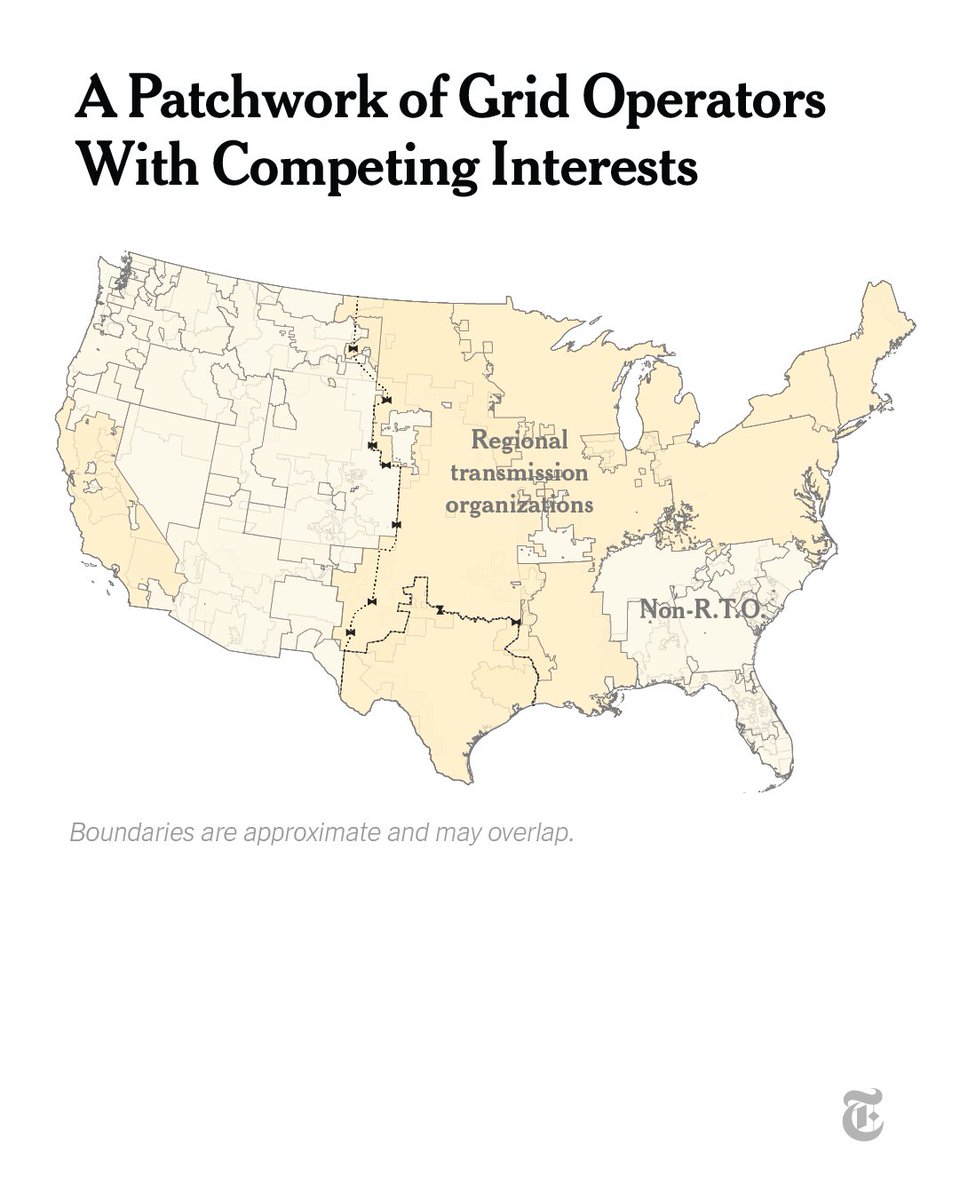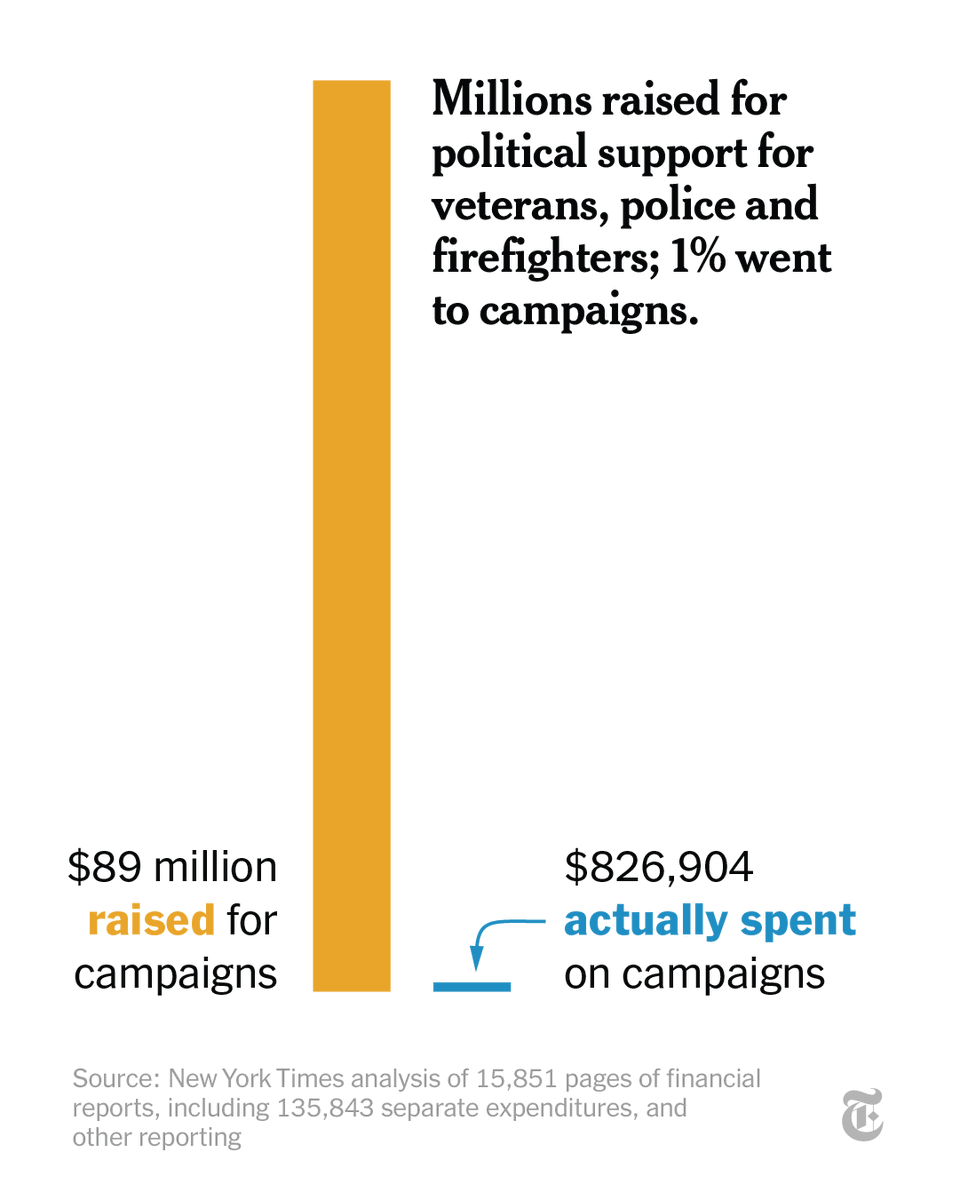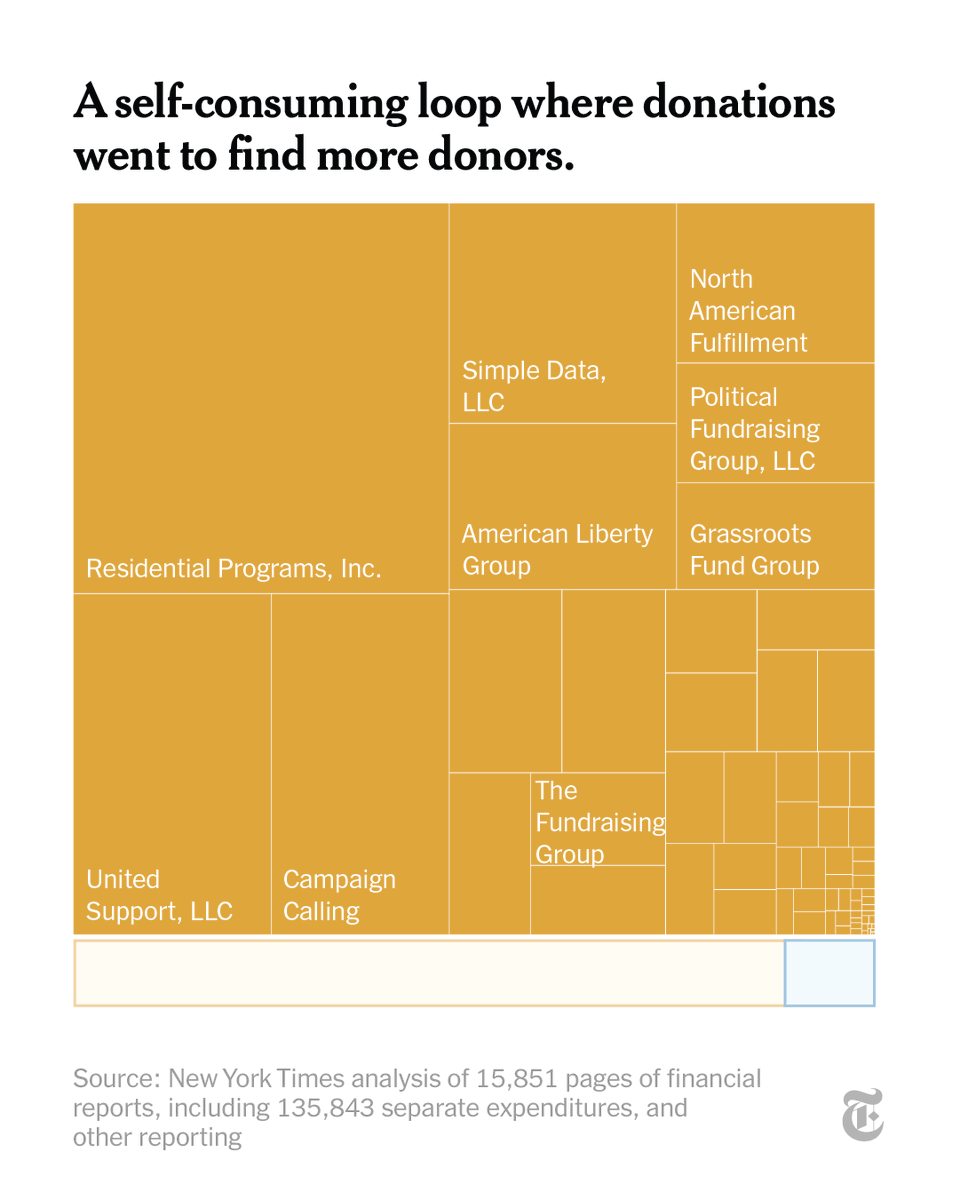Any day now, billions of cicadas will emerge from underground tunnels to sing, mate and die across the eastern U.S. The once-in-a-cicada-lifetime party will be hosted by a cohort called Brood X. nyti.ms/3fbJIlj
Like any good party, the cicada emergence will be loud. It will be crowded. And everyone’s invited. nyti.ms/3fbJIlj 

The Brood X cohort consists of three different cicada species. The males of each species sing a distinctive song to attract others to their chorus.
🎧 Here’s what they sound like. nyti.ms/3fbJIlj
🎧 Here’s what they sound like. nyti.ms/3fbJIlj
Brood X — or the “Great Eastern Brood” — is one of the largest periodical cicada broods in the U.S. They’re expected to emerge in cities like Baltimore, Indianapolis, Cincinnati and Washington, D.C. nyti.ms/3fbJIlj 

These cicadas have few defenses. They don’t bite or sting, and they aren’t toxic or poisonous. Instead, their survival strategy seems to consist of emerging in such overwhelming numbers that the area’s predators can’t possibly eat them all. nyti.ms/3fbJIlj 

When they first crawl out of their nymphal skin, adult cicadas are the color of a slightly green toasted marshmallow. As they complete their transition into adults, their bodies will gradually harden and turn black. nyti.ms/3fbJIlj 

The frenzy of singing, mating and egg-laying will last just four to six weeks. If you miss this party, the next one won’t be until 2024.
More event details here: nyti.ms/2SbKwh8
More event details here: nyti.ms/2SbKwh8

• • •
Missing some Tweet in this thread? You can try to
force a refresh















